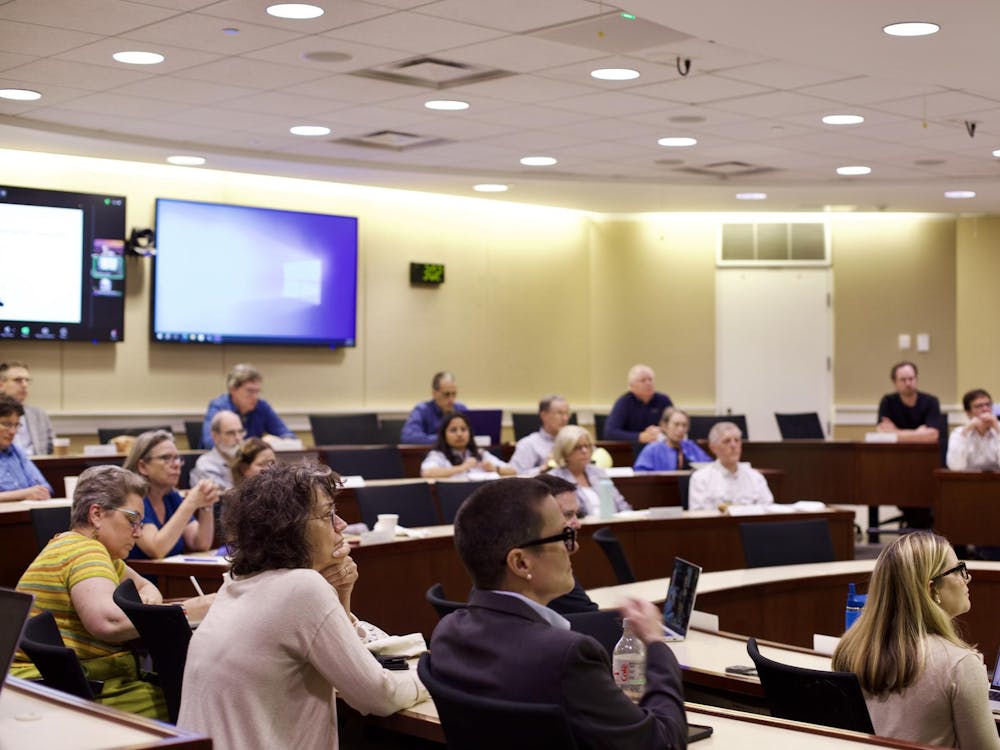University President Jim Ryan created a Fall 2020 Committee this week tasked with developing various administrative, academic and financial recommendations for the fall semester. Chaired by Provost Liz Magill, the committee includes University-wide representation, including one student — Ja’Mel Reed, a third-year in the College and an incoming co-chair of Housing and Residence Life.
“Deciding what the University of Virginia will do in the fall semester is the most important decision we have in the weeks ahead, and one of the more important decisions the University will make in its history,” Ryan told U.Va. Today.
The committee’s first — and most time-sensitive — objective is to determine the latest date by which a decision can be made about the fate of the coming fall semester to allow time for adequate preparation.
The committee will then develop a recommendation for a safe date for classes to resume in person and, when this happens, what constraints — such as social distancing requirements — may apply. While Ryan said the University would like to have as many students as possible taking classes on Grounds, the Fall 2020 Committee will also prepare to offer online instruction for international students and those who are unable to return to Charlottesville.
Statistical models of COVID-19 cases in Virginia from the University’s Biocomplexity Institute show that social distancing measures in the state slowed the spread of the virus and could push the pandemic’s peak into July or August, provided that restrictions stay in place until June 10. According to the Virginia Department of Health, there are 11,169 confirmed cases of COVID-19 in the state as of Friday. Of those cases, 245 are in the Thomas Jefferson Health District — the region that covers Charlottesville, Albemarle County, Fluvanna, Greene, Louisa and Nelson.
The committee will also consider various academic contingencies, such as returning to Grounds at a normal date, delaying the fall semester or moving it online entirely. Ways to enhance online instruction if necessary will also be explored.
Finally, the Fall 2020 Committee will also be considering ways to mitigate the serious impacts that COVID-19 has had on University finances — the move online has cost the University about $300,000 alone, while housing and dining refunds have totaled roughly $18 million. While the University did receive over $11 million from the Coronavirus Aid, Relief and Economic Security Act and implemented numerous policy changes in response to financial losses, the Fall 2020 Committee will be tasked with determining further methods of managing University finances, including changes to tuition.
“The safety of our students, faculty, staff and the greater community will be at the heart of our deliberations as we consider how to deliver our core mission of teaching, research and clinical care,” Magill said. “We all look forward to developing creative solutions to what is truly a unique set of challenges.”







